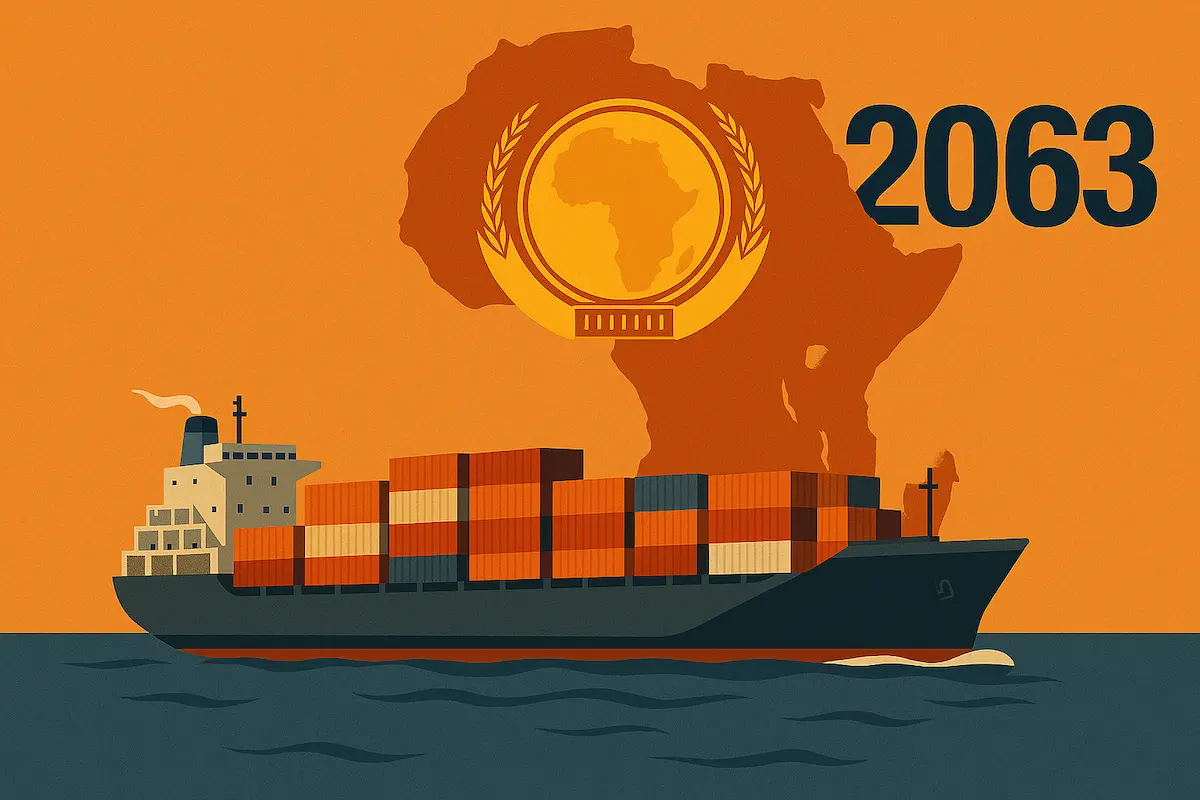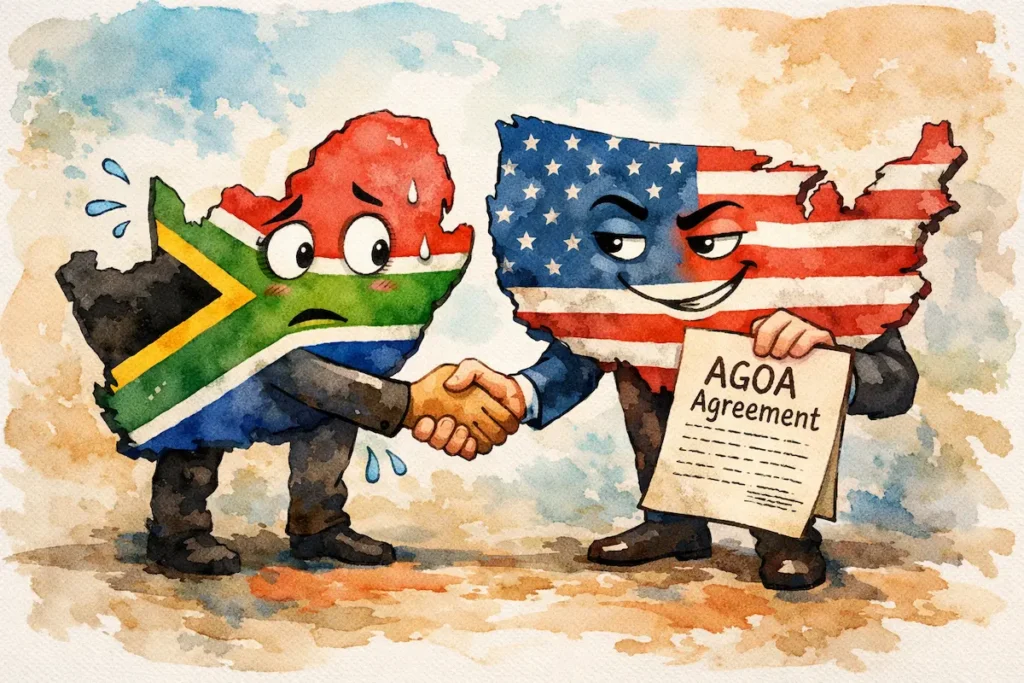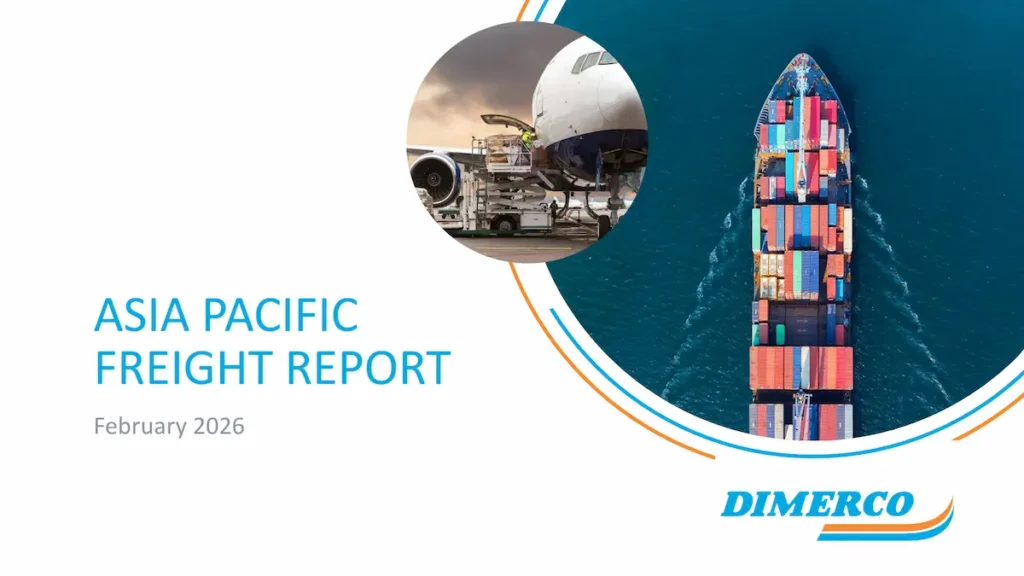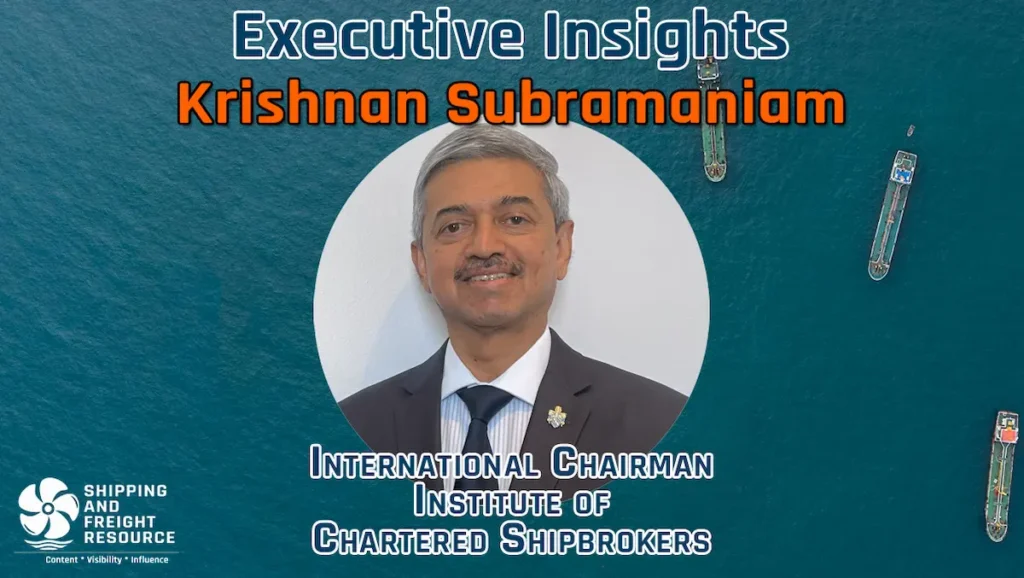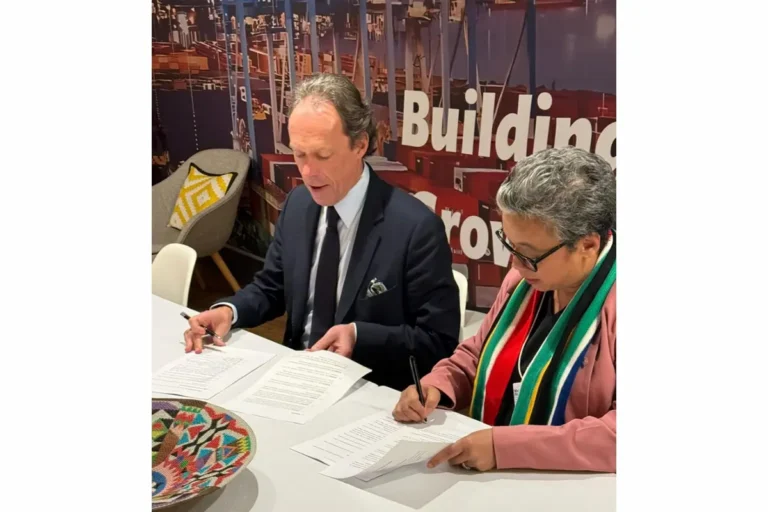In a recent LinkedIn post, the African Union proudly announced that the Republic of Uganda had officially deposited the Instrument of Ratification of the Revised African Maritime Transport Charter (RAMTC), becoming the fifteenth and final Member State required for the Charter to enter into force..
This milestone means the RAMTC will formally take effect within 30 days, ushering in a defining new chapter in Africa’s maritime cooperation and integration..
“We extend our warmest congratulations to the Government and People of Uganda and commend this strong commitment to strengthening African maritime governance, regional trade, and Agenda 2063,” the AU noted..
Progress, although delayed
Uganda’s ratification marks more than procedural progress.. It reflects continental intent, and it is a pivotal moment for a Charter because the RAMTC was adopted in Kampala in 2010..
Although it took fifteen years to reach a quorum, that wait is now over.. The Charter becomes legally operational, giving structure, enforcement, and institutional strength to Africa’s shared maritime ambition..
The moment holds weight because of what the revised Charter contains.. Unlike the original African Maritime Transport Charter from 1993, which largely provided aspirational principles for cooperation, the 2010 version;
- is expansive, enforceable, and strategically aligned..
- broadens its scope from simply maritime logistics to include inland waterways, port governance, multimodal transport, and environmental sustainability..
- commits signatories to create maritime observatories, seafarer training exchanges, and gender-balanced career pathways..
- formalises dispute resolution under the African Court of Justice and Human Rights, and interlinks neatly with Africa’s larger transformation blueprint: Agenda 2063..
Why 2063..??
If you are wondering why 2063, the Charter’s connection to 2063 isn’t arbitrary.. The year 2063 marks a century since the founding of the Organization of African Unity (now the African Union), making it a symbolic target for Africa’s full transformation..
But more than a calendar milestone, 2063 reflects the fact that maritime reform is inherently long-term, upgrading ports, harmonizing seafarer training, developing inland waterways, and aligning legal frameworks across 55 states demand decades of policy consistency, investment, and coordination..
Agenda 2063 offers the strategic runway to guide these reforms, and now that the Revised African Maritime Transport Charter has received its quorum, enabling it to enter into force, implementation can and must begin without delay..
Gaps in Continental alignment
Yet as we celebrate this milestone, it is important to acknowledge the gaps in the continental alignment.. Out of 55 African countries, only 25 have “signed” the Charter, and according to the AU’s official treaty database, just 12 are listed as having deposited ratification instruments..
The 12 countries listed by the AU are Angola, Benin, Burkina Faso, Congo, Ethiopia, Gabon, Gambia, Kenya, Mozambique, Mauritius, South Africa, and Togo..
While the AU has announced that Uganda’s recent ratification deposit brings that number to 15 countries, these are not yet reflected in the public record, creating a transparency lag that undermines confidence in treaty tracking..
This matters, especially for a Charter intended to harmonize maritime policies across the continent.. Visibility is essential.. Without it, stakeholders from policymakers to investors are left uncertain about who is aligned and who is not..
Notably, several of Africa’s most strategically positioned and economically influential countries remain absent from the ratification list.. Nigeria, Egypt, Morocco, Djibouti, Ghana, and Rwanda have not yet formally ratified the Charter..
Their absence is notable given their roles in shaping trade, managing key port corridors, and leading conversations around AfCFTA.. It is particularly striking in light of a Nigerian company’s recent launch of its indigenous container ship, which signals renewed energy in African maritime self-reliance..
It is also ironic that many of these countries are central players in AfCFTA, a project whose success depends on cohesive transport networks, harmonized standards, and seamless logistics..
Without unified port safety measures, coordinated cargo pooling, shared environmental responsibilities, and mutual recognition of seafarer qualifications, the continent risks moving forward on trade policy while stalling on infrastructure and implementation..
Positively forward
Still, Uganda’s ratification brings momentum.. It activates the RAMTC and sends a clear message to remaining holdouts..
The Charter is no longer an idea.. It is a reality.. Member States must go beyond signing declarations.. They must align their domestic legislation, create maritime action plans, and engage in the Charter’s monitoring and reporting architecture..
At the same time, the AU, while rightly commended for steering this milestone, should ensure its treaty database is updated in real time.. In a digital age, visibility builds trust.. Accurate records allow governments, researchers, and investors to navigate strategy with confidence..
The African Maritime Charter is no longer aspirational.. It is operational.. The only question left is who else will come aboard..

